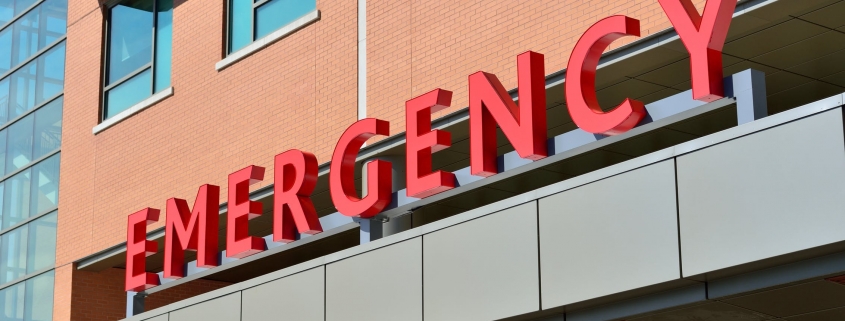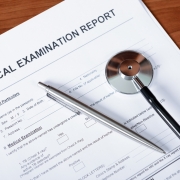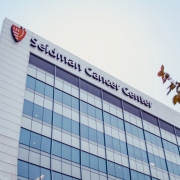The RAC Attack
Many medical practices are feeling the impact of the Medicare Recovery Audit Contractor (RAC) process, especially as non-Medicare payors have gotten on the band wagon. It is difficult enough to submit claims and receive payment for all the services you provide, but now they want to take back payments – sometimes years later!
What can be done to keep as much of these payments as possible? The key is to have a formal process in place, and to be diligent about time limits and attention to detail.
What is a RAC?
Medicare began recovering overpayments from hospitals via RAC in 2005. It began witha demonstration project in four states, and was rolled out to all providers in all 50 states in 2009. The RAC is paid a contingency fee — a percentage of the money it recovers for the CMS. Therefore, it is in the Contractor’s interest to cast the widest net possible.
What types of audits/reviews are there?
There are many categories of insurance recoveries. Upon receipt of a letter from a payor, your first step is to determine the type of request. Examples of some types of audits/review are:
- RAC – The Recovery Audit Contractor for Region A — which includes New York — is Diversified Collection Services, Inc.
- COB – Coordination of Benefits, where the insurer believes another party was responsible for payment of the claim.
- Global reviews – Medicare implements a global review when sample reviews identify gross provider errors for a particular procedure code.
- Targeted reviews – insurers and/or their contractors perform sophisticated data analyses to determine certain provider’s billing practices are outside the norm.
What should I do?
The most important thing to keep in mind is that there are very strict timeframes for responding to insurance recovery requests. Penalties for not responding can be significant, including charging interest, and sending unpaid requests to a collection agency.
There are two schools of thought regarding a response strategy. The first is to challengeeverything, and the second is to only challenge those cases where responding is cost justified. There are valid arguments for each position.
Even if you do not intend to challenge each insurance recovery request, it is essential to keep copies of all letters received, and any checks or other responses submitted. It is also recommended to keep a log of all recovery requests for quick reference.
– As published in GEM Magazine, Author: Susan Montana
Habanero, Inc., based in Patchogue, NY provides healthcare reimbursement consulting services to medical practices – helping them maximize reimbursement, maintain compliance and optimize operational efficiency. Ms. Montana may be reached at 631-244-5661 or SMontana@HabaneroInc.com.






